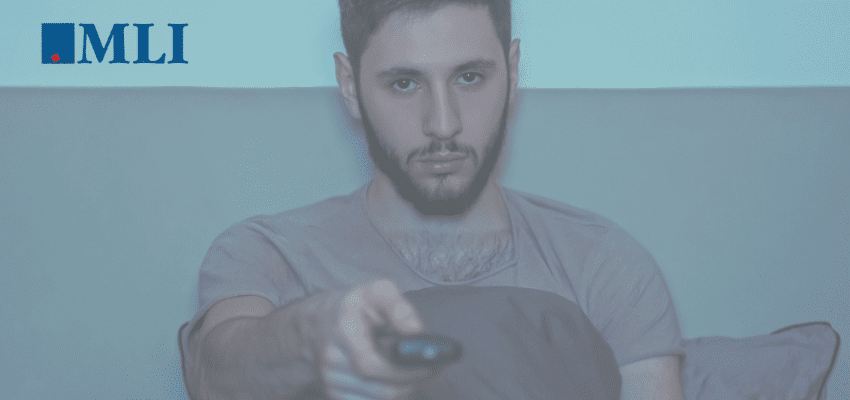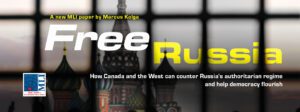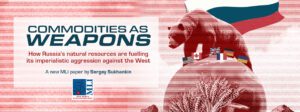By Sarah Teich and Michael Lima, December 5, 2024
As Russia’s key ally in the Western Hemisphere, Cuba regularly colludes in Russian-led information warfare across the Americas, using platforms like Twitter, Instagram, and WhatsApp to spread disinformation.
While countering internet propaganda campaigns is difficult — if not impossible — in democracies, Canada can regulate what is broadcast on domestic television screens, as demonstrated by banning access to two Russian broadcasters.
However, shockingly little has been done to close a loophole potentially allowing Cuba to reach Canadians with the Kremlin’s insidious propaganda.
Cuba’s tactics mirror Russia’s favoured approach of picking at contentious issues to sow division. For instance, declassified U.S. intelligence indicates that Cuba’s disinformation includes falsely suggesting that U.S. support for Israel and Ukraine redirects resources from American disaster relief.
Combatting authoritarian regimes’ information warfare is essential for protecting Canadian democracy. The federal government has ostensibly agreed: after Russia’s invasion of Ukraine in 2022, the Canadian Radio-television and Telecommunications Commission removed RT (formerly known as Russia Today) and RT France from its list of non-Canadian programming services and stations authorized for distribution in Canada.
While this decision was welcomed, Cubavision Internacional continues to rebroadcast RT programming potentially accessible in Canada, including episodes blaming the West for fabricating the Bucha massacre in March 2022, and linking the Ukraine war to NATO’s expansion.
Although Cubavision Internacional is not currently aired by major Canadian broadcast service providers, its authorization as a non-Canadian program means that any provider, including smaller ones, could air it without notice.
Recent studies highlight the troubling reach of Russian propaganda. Brian McQuinn, co-director, of the Centre for Artificial Intelligence, Data, and Conflict, recently outlined how Russia has developed organized disinformation campaigns on X, targeting Canadians to reduce support for Ukraine, involving over 200,000 accounts that have shared content with millions.
Cubavision Internacional’s continued authorization in Canada maintains yet another tool in Russian President Vladimir Putin’s disinformation network.
In recent years, Canadian human rights organizations have petitioned the CRTC to remove various channels linked to authoritarian regimes from China, Russia, and Cuba. However, this process remains challenging for civil society.
The CRTC’s executive director of broadcasting, Scott Shortliffe, noted that while the commission receives hundreds of complaints annually, it has never revoked a channel’s licence solely for airing false or misleading news. The only exception was RT and RT France, removed at Prime Minister Justin Trudeau’s request, following similar actions in the European Union.
As authoritarian regimes increasingly weaponize mis- and disinformation, the CRTC should ensure that its policies apply consistently, and that autocrats cannot take advantage of loopholes in the removals.
RT and RT France are still effectively permitted to air programs in Canada if Cubavision Internacional rebroadcasts their shows. Russian disinformation still runs rampant if non-Canadian programs and stations tied in with other dictatorships continue to participate in its information warfare.
Removing authorizations should indeed be done cautiously and following appropriate due process, but should be done wherever warranted, with or without a prime ministerial request.
Strong political commitment from the Canadian government is needed to combat authoritarian regimes’ information warfare, and policies should consider the increasing collaboration between authoritarian regimes.
Russia and China increasingly collaborate with other dictatorships, including Cuba, Iran, and Venezuela, and until the Canadian government adequately understands and addresses these networks, actions taken to protect Canadians from authoritarian foreign interference and information warfare will unlikely be sufficient.
Updated policies and approaches to CRTC’s authorizations and removals that are effective, internally consistent, and attuned to these changing realities are crucial in order to protect Canadian democracy and Canadians.
Sarah Teich is an international human rights lawyer, a senior fellow at the Macdonald-Laurier Institute, and co-founder and president of Human Rights Action Group.
Michael Lima is a researcher and director of Democratic Spaces, an NGO seeking solidarity in Canada with human rights defenders and civil society in Cuba.








